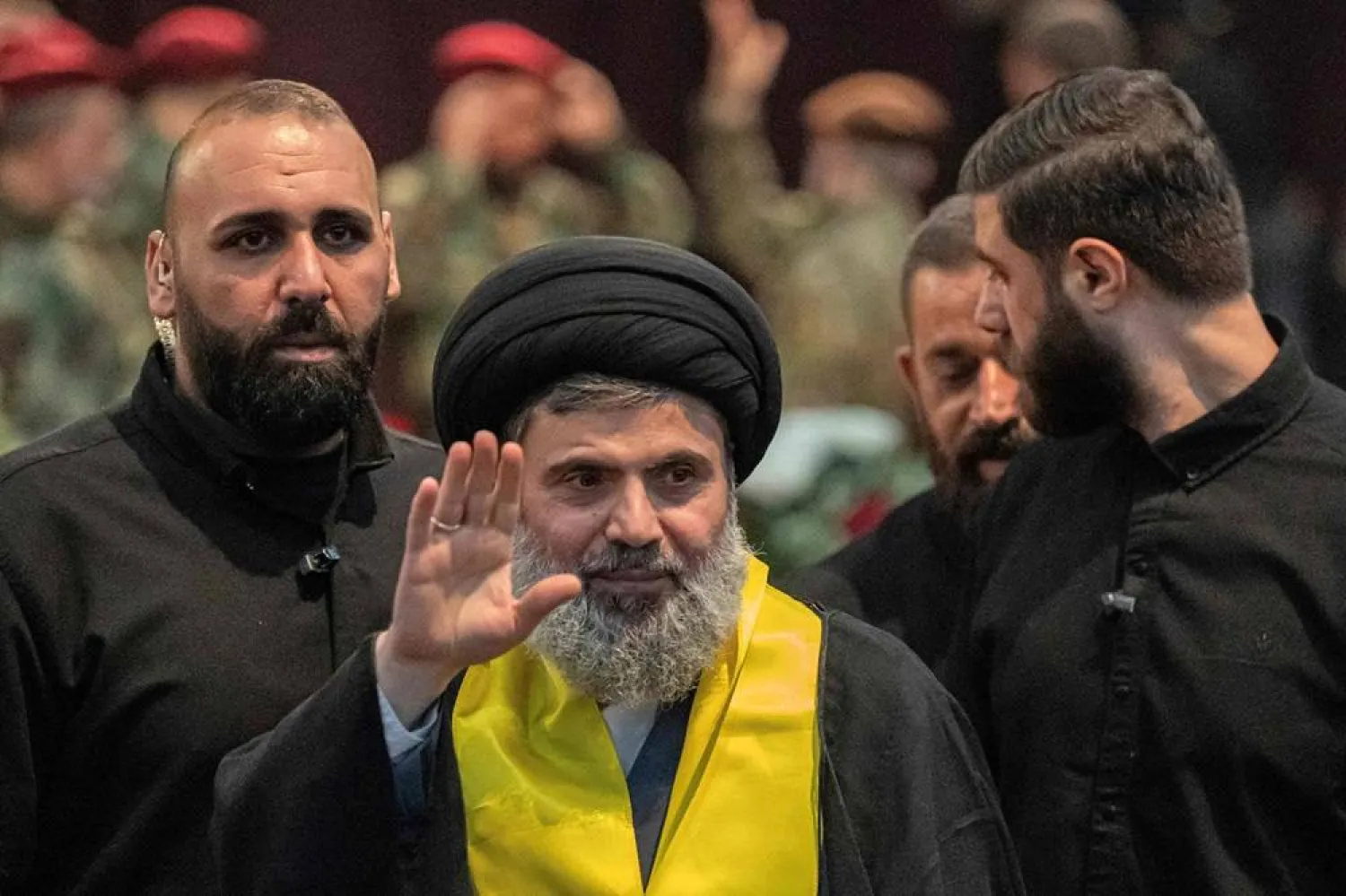A Lebanese security sources told Asharq Al-Awsat that Hashem Safieddine, the potential successor to Hassan Nasrallah as secretary general of Hezbollah in Lebanon, was killed in an Israeli strike on the southern suburbs of Beirut last week.
It added that the Iran-backed party has so far refrained from announcing his death until it can retrieve his corpse.
Israeli drones have been flying around the clock for the fifth consecutive day over the targeted area that its jets bombed with around 73 tons of explosives.
The Israeli army said it had struck a Hezbollah intelligence headquarters.
An Israeli a government spokesperson said on Monday that Tel Aviv could not confirm Safieddine was killed in the attack.
Asked if Israel could confirm the death, spokesperson David Mencer told an online briefing: "We don't have that confirmation yet. When it is confirmed, as and when, it will be on the IDF (Israeli military) website."
A Hezbollah official told Reuters on Sunday that Israel was obstructing search and rescue efforts in an area where Safieddine is thought to have been when Israel bombed the area on Thursday.
Israel has killed much of Hezbollah's military command and senior leadership in nearly a year of fighting that began when Hezbollah opened a front in solidarity with Palestinians the day after Hamas' deadly Oct. 7, 2023 attack on southern Israel.









